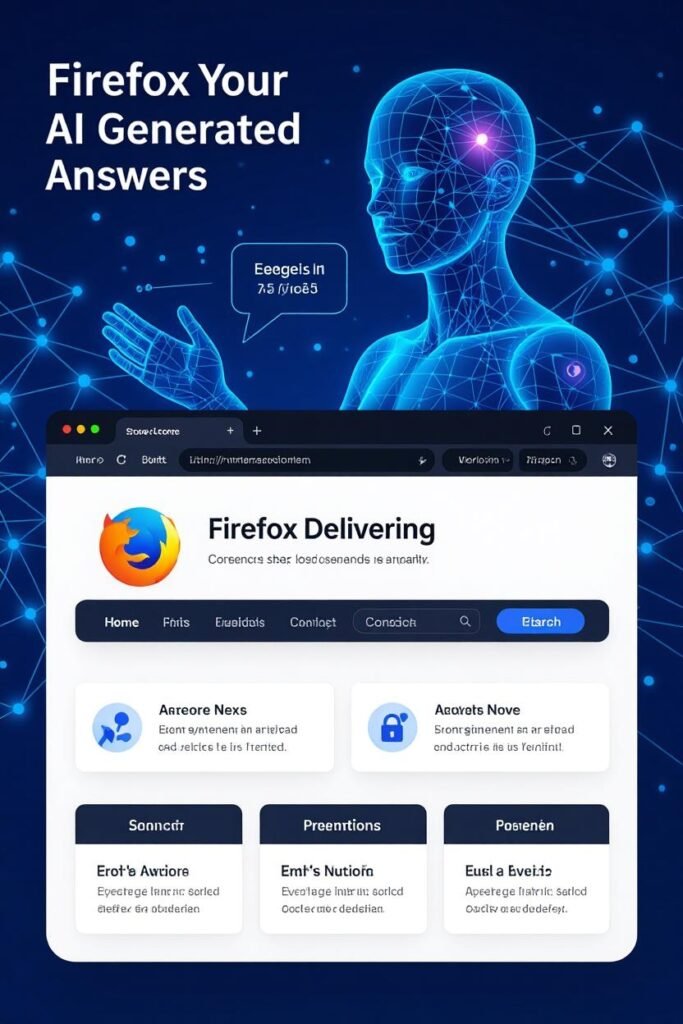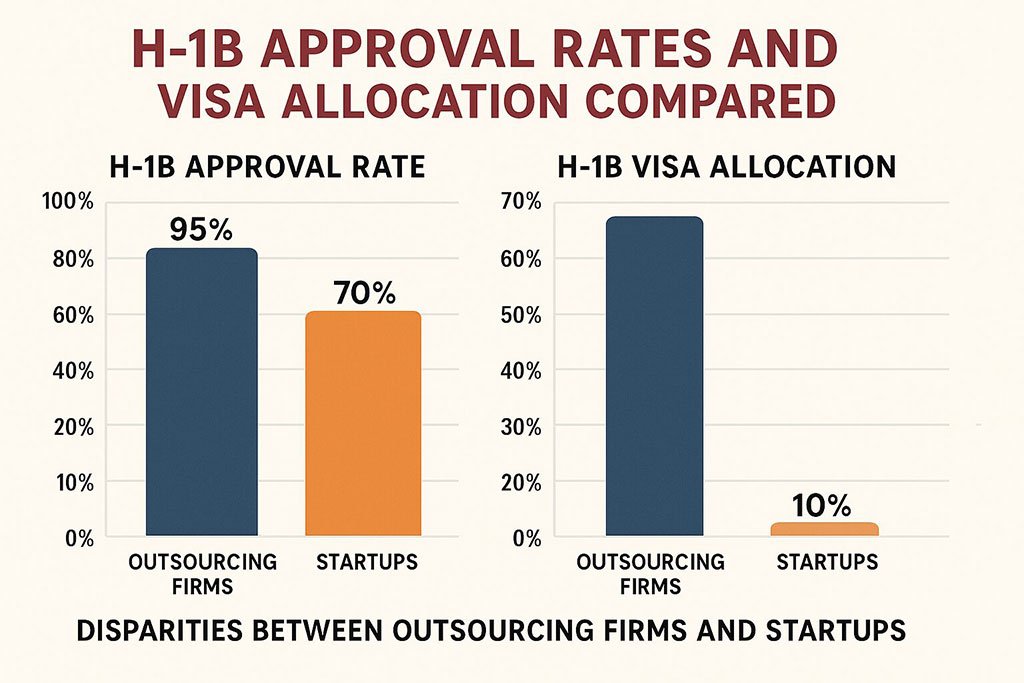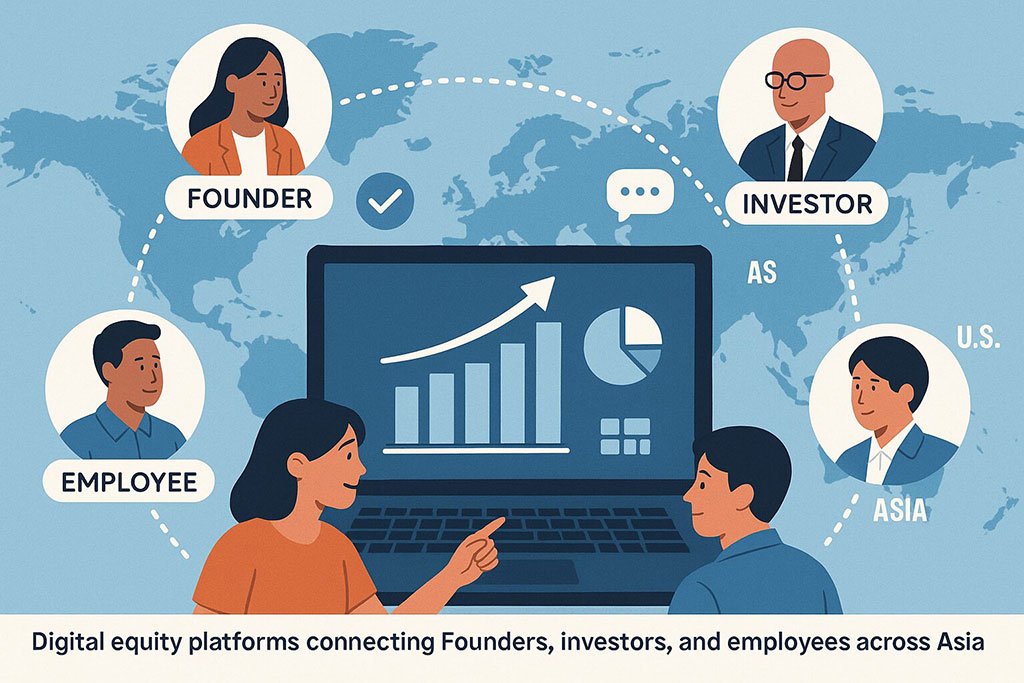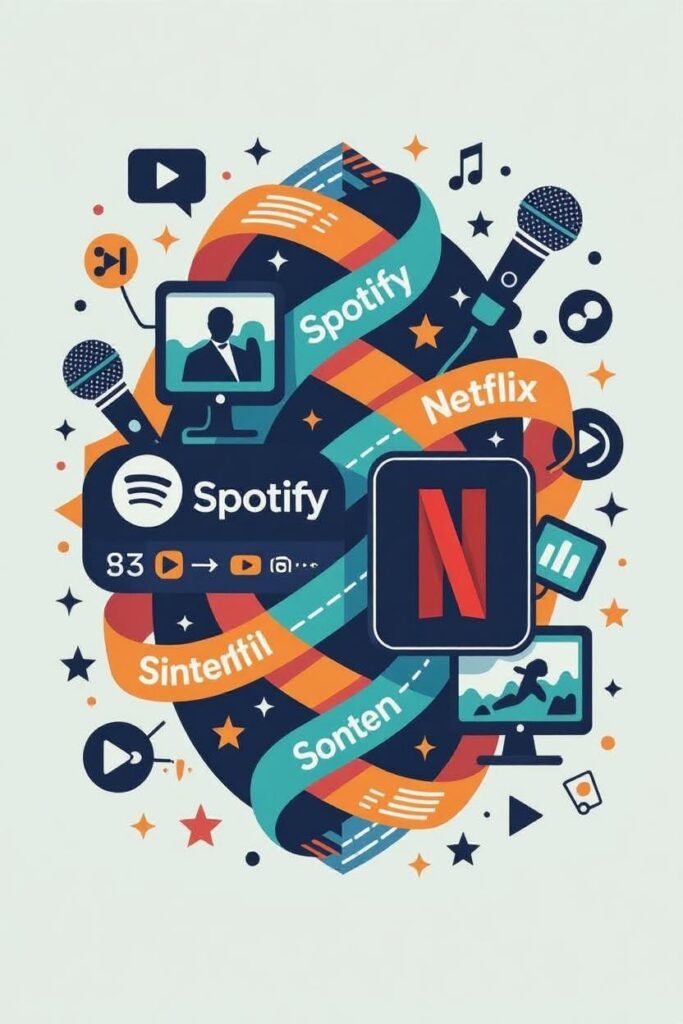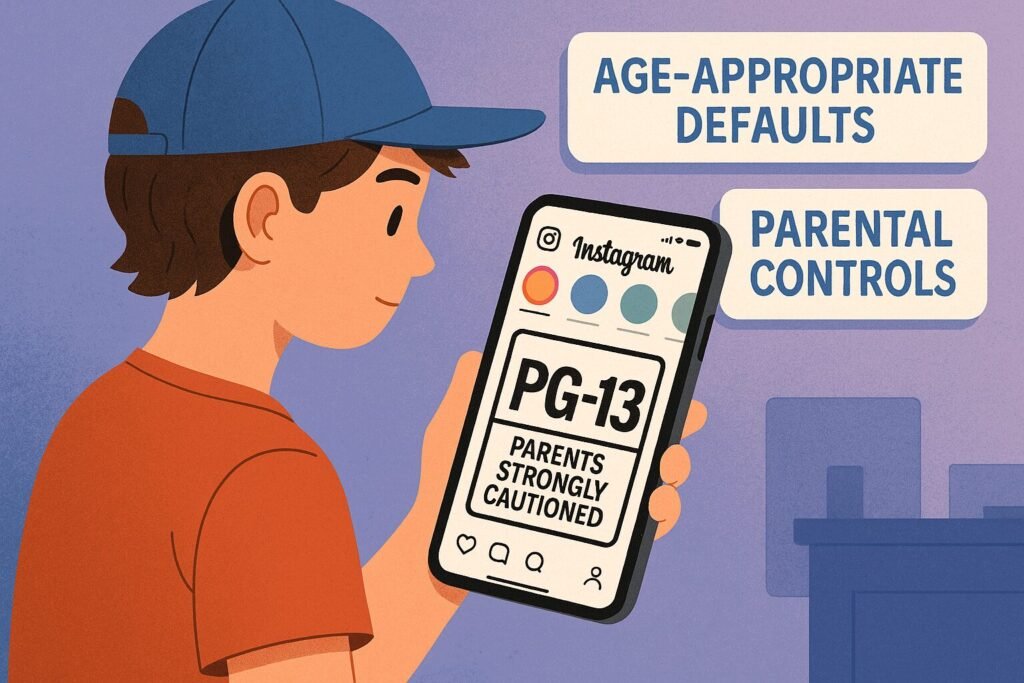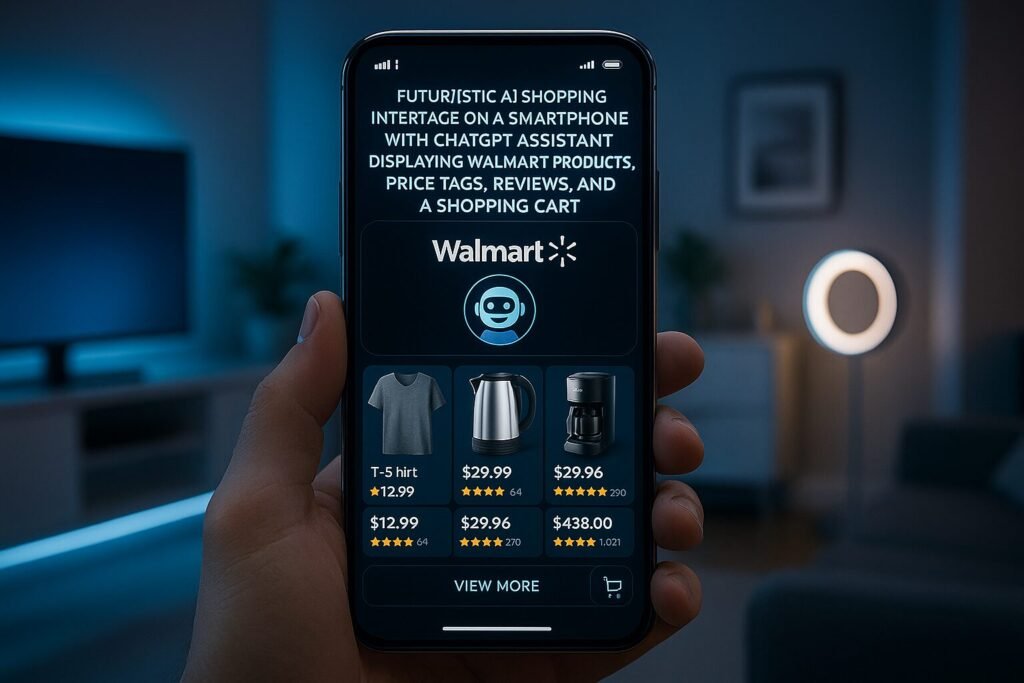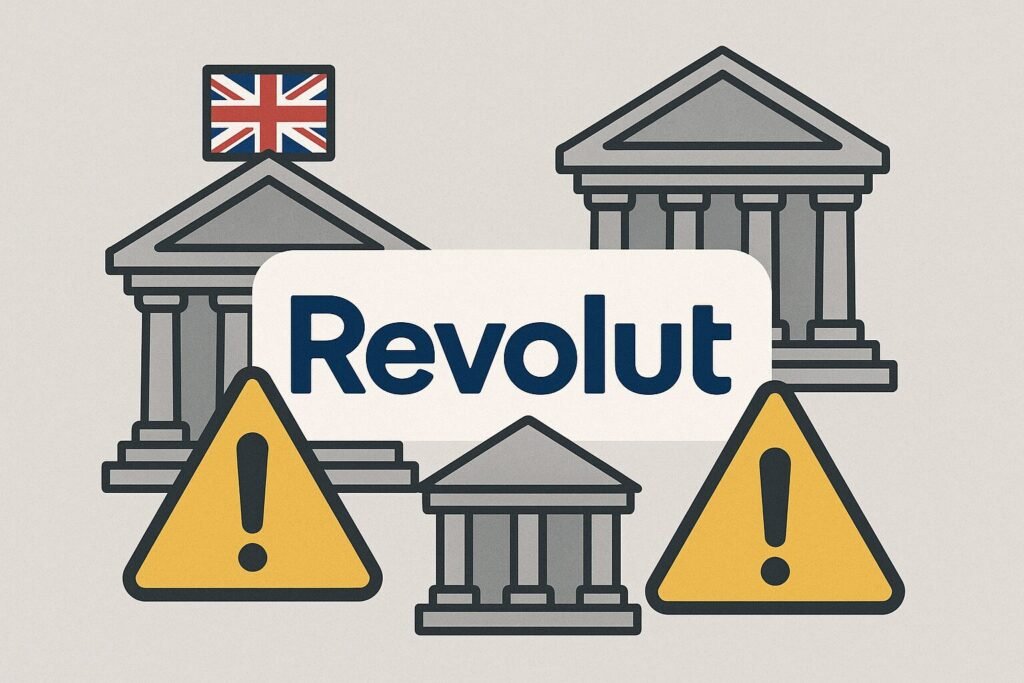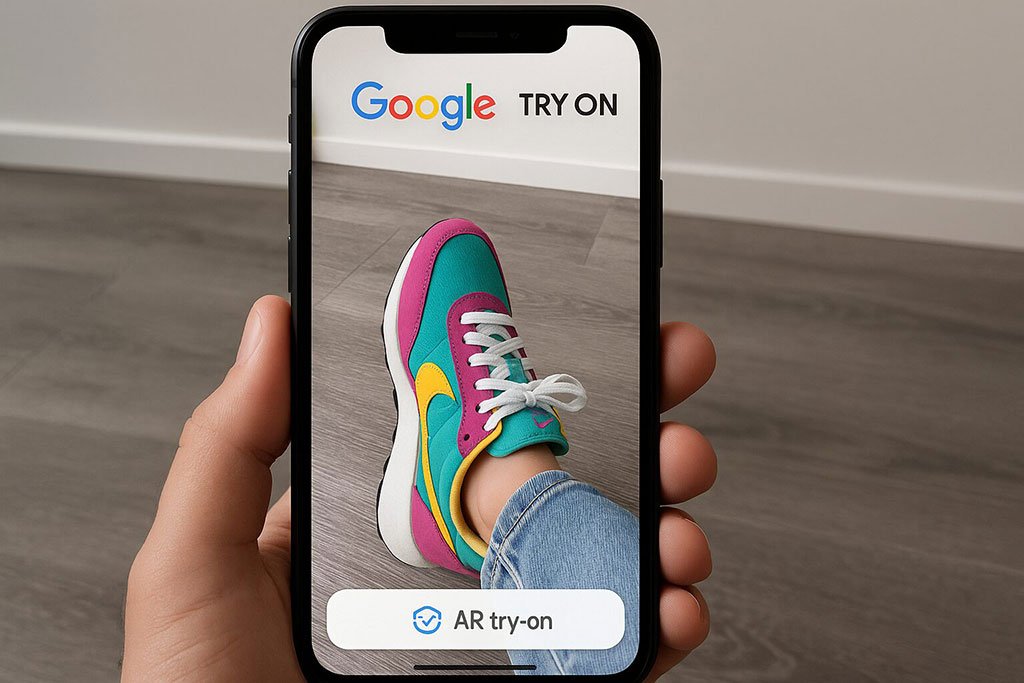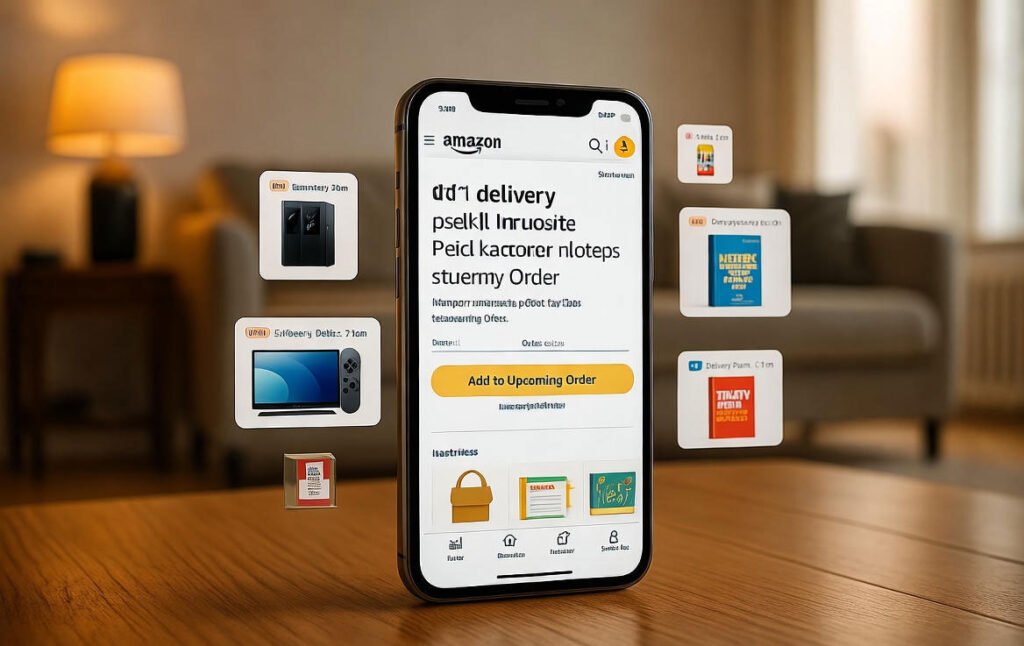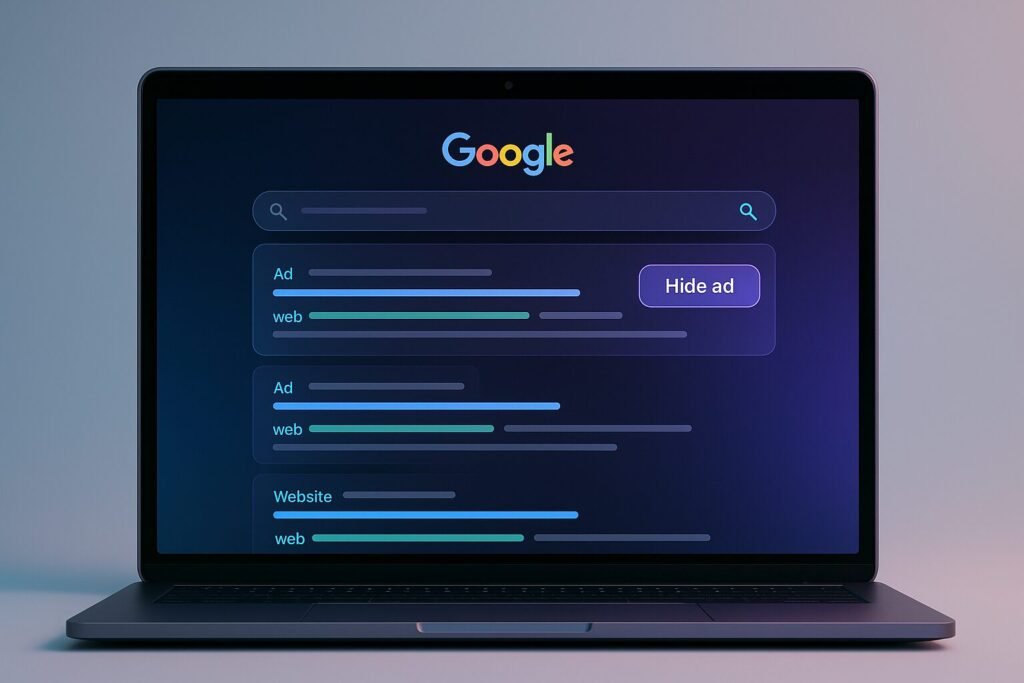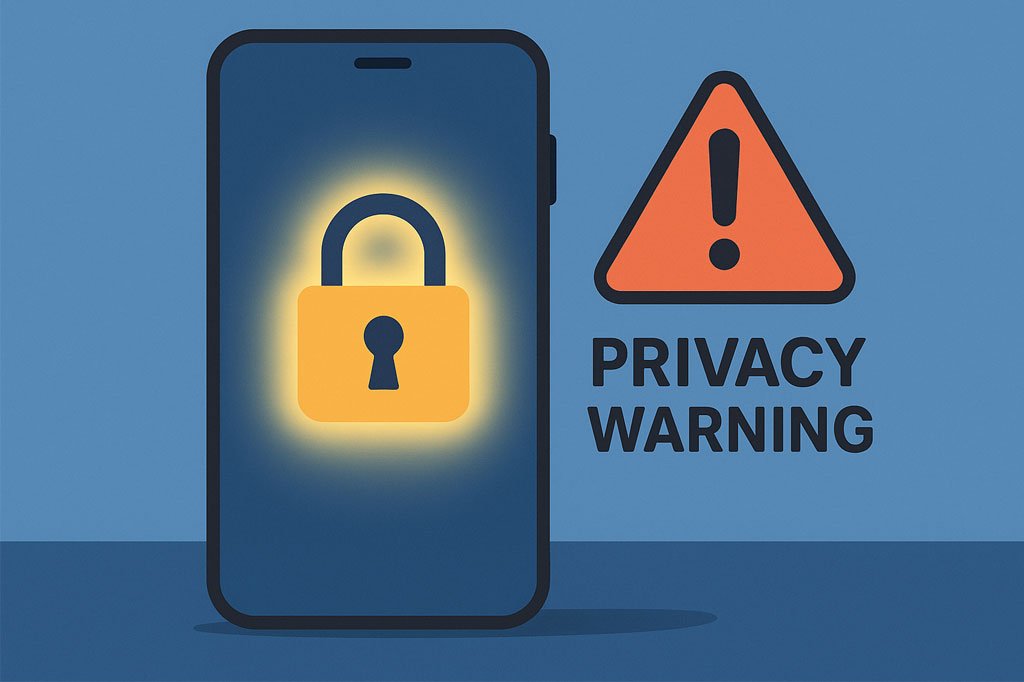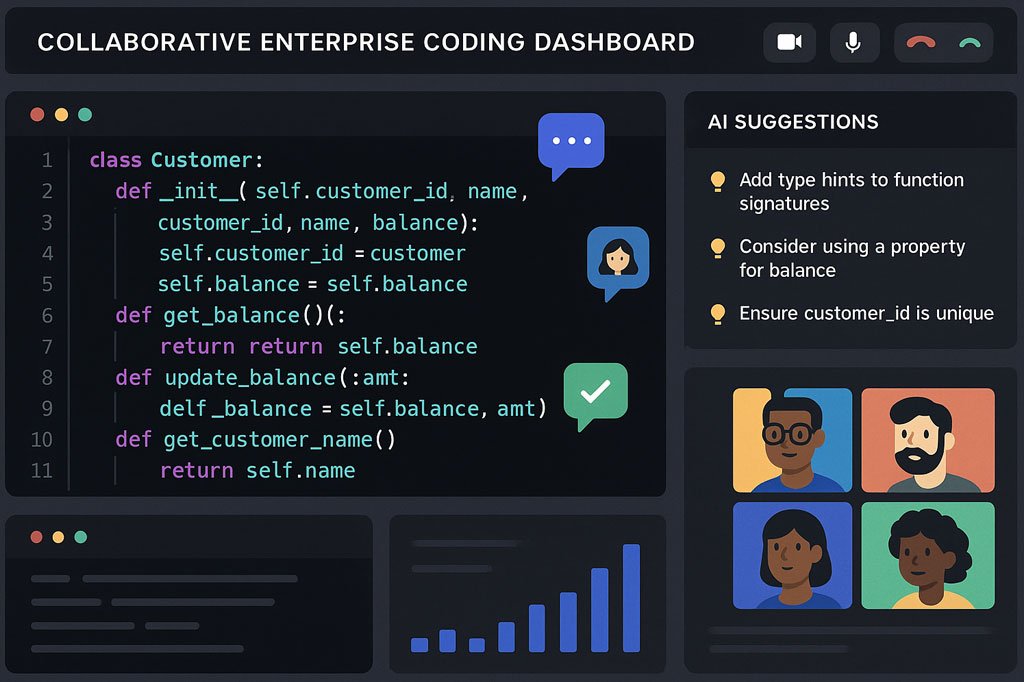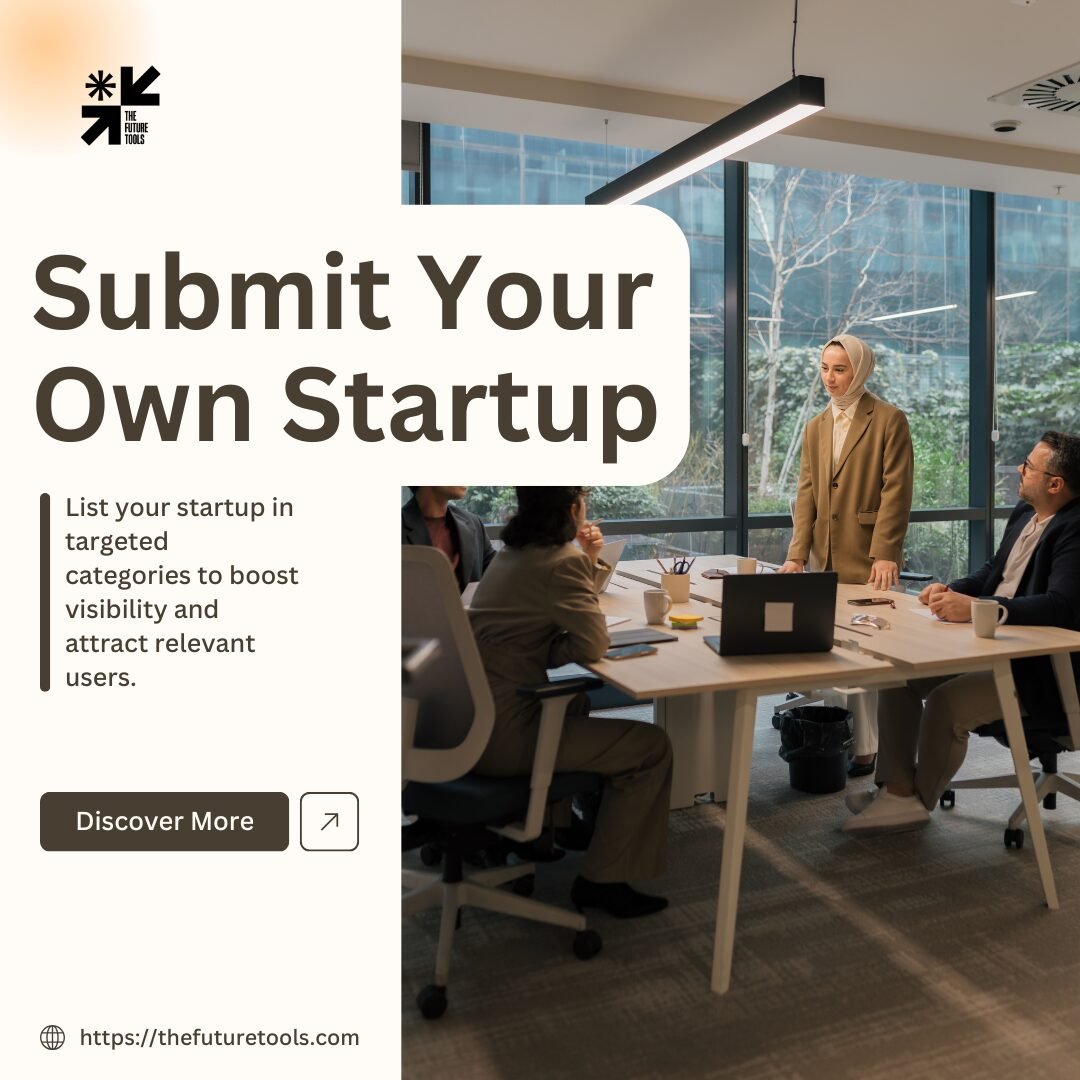Now Reading: Epic Games: Apple’s Updated App Install Flow Slashes User Drop-Offs by 60%
-
01
Epic Games: Apple’s Updated App Install Flow Slashes User Drop-Offs by 60%
Epic Games: Apple’s Updated App Install Flow Slashes User Drop-Offs by 60%
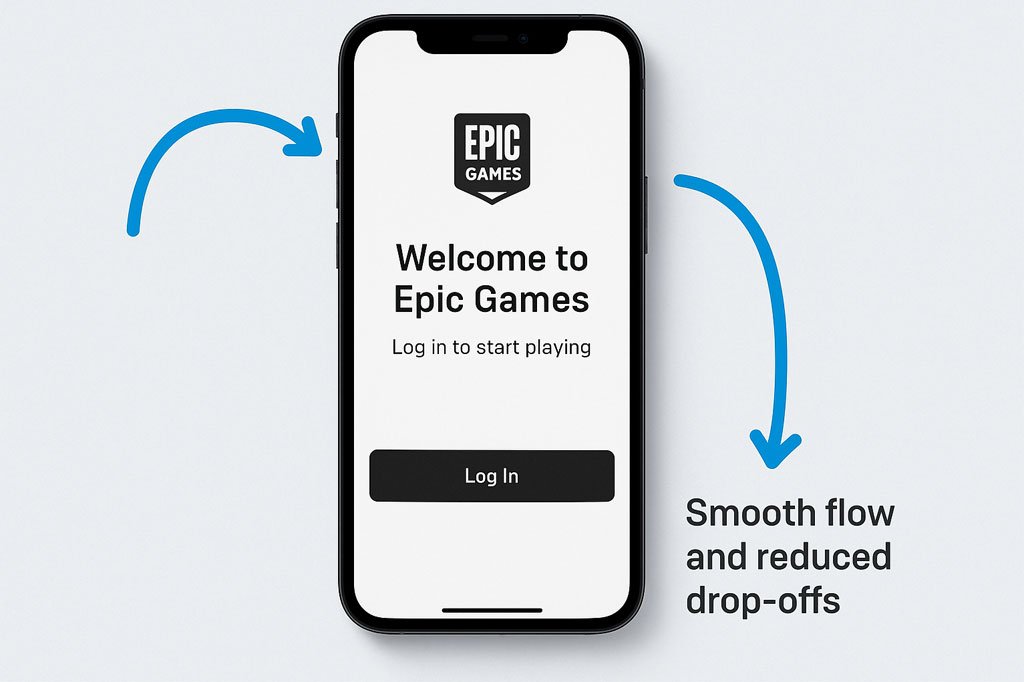
The Critical First Step in App Success
The first few minutes often determine the app’s long-term fate. Developers invest millions into creating engaging experiences, but if users abandon the app during installation or onboarding, all that effort can be wasted. User drop-offs during the install process are a silent revenue killer — especially for gaming apps, where initial engagement is a strong predictor of retention and monetization.
Epic Games, one of the most prominent names in mobile and console gaming, recently reported that Apple’s updated app install flow has reduced their user drop-offs by an impressive 60%. This revelation is more than a statistic; it is a testament to the power of platform-level improvements in shaping user behavior and business outcomes.
This article explores:
-
The challenges of onboarding and why drop-offs matter
-
The mechanics of Apple’s updated install flow
-
Epic Games’ case study and measurable results
-
Broader implications for developers, UX designers, and the global app economy
The Hidden Threat to App Growth
Why Drop-Offs Occur
Every additional step in the app installation process increases the chance that a user will abandon the experience. Common reasons include:
-
Complex permission requests – Users may be hesitant to grant access to location, contacts, or notifications.
-
Slow download or verification times – Any lag can frustrate impatient users.
-
Lengthy account creation forms – Multi-step registration can feel cumbersome.
-
Lack of immediate value – Users often want to start playing or engaging instantly.
In gaming apps, where first impressions are particularly critical, even a small percentage of drop-offs can represent thousands or millions of lost players, which translates directly into lost revenue.
Industry Benchmarks
-
Mobile apps generally see a 20–30% drop-off after the first screen.
-
Gaming apps often experience up to 50% abandonment during account setup.
-
Streamlined onboarding flows have been shown to improve retention by up to 70% in multiple UX studies.
Epic Games’ adoption of Apple’s new install flow demonstrates how strategic design changes at the platform level can have outsized effects on retention metrics.
Streamlining the Onboarding Experience
Epic Games credits Apple’s new install flow for significantly improving user retention. Key updates include:
-
Simplified Permissions Prompts
Instead of overwhelming users with multiple, confusing prompts, Apple now offers a step-by-step, contextual permission system. Users can understand what is being requested and why, which reduces hesitation and friction. -
Faster App Verification and Download
Improvements on the backend allow apps to verify accounts and download assets more quickly. In Epic Games’ case, this means players can start engaging immediately rather than waiting through lengthy validation screens. -
Integrated Onboarding Experience
Apple’s flow encourages early app engagement by guiding users through core actions right after installation. Gamers can jump into gameplay faster, increasing the likelihood of retention and first-time purchases. -
Privacy Transparency Without Friction
Users are informed about data usage in a clear, non-intrusive way. This ensures compliance with privacy regulations while maintaining a smooth user experience — a balance that developers have often struggled to achieve.
These updates illustrate a simple but powerful principle: reducing friction at the first point of contact can drastically improve user retention.
Measurable Impact
After implementing Apple’s updated install flow, Epic Games observed:
-
60% reduction in drop-offs during initial onboarding
-
45% increase in first-day engagement
-
30% improvement in account completions and first-time purchases
These numbers highlight the strong correlation between frictionless onboarding and both engagement and revenue metrics. For gaming companies that rely heavily on in-app purchases and subscription models, small improvements in onboarding can scale to millions of dollars in retained revenue.
Pros and Cons of the Updated Flow
Pros:
-
Higher retention and conversion rates – Users are more likely to complete onboarding.
-
Enhanced first impressions – Faster engagement increases satisfaction.
-
Improved App Store ratings – Reduced frustration can lead to better reviews.
-
Streamlined privacy compliance – Users understand permissions without losing interest.
Cons / Considerations:
-
Platform-specific improvements may not translate directly to Android or other ecosystems.
-
Developers must continuously test and iterate to maintain retention gains.
-
Over-reliance on platform updates may reduce internal innovation in onboarding strategies.
Why This Matters Worldwide
Apple’s update isn’t just a U.S. phenomenon. In Asia, Europe, and Latin America, mobile app abandonment remains a critical challenge:
-
Asia: High drop-off rates in gaming apps due to multi-step verification processes.
-
Europe: GDPR regulations require clear communication about data collection, making smooth onboarding even more important.
-
Global markets: Developers leveraging Apple’s improvements gain a competitive advantage in retention-sensitive regions.
In short, frictionless onboarding is a universal need, and Epic Games’ success demonstrates how platform-level enhancements can create measurable advantages in multiple markets.
Lessons for Developers and Product Managers
-
Audit Onboarding Regularly
Even small friction points — a confusing button, extra screen, or unclear prompt — can drastically increase drop-offs. -
Leverage Platform Updates
Apple’s updated flow serves as a model for best practices in mobile UX, but developers must adapt it to their app’s specific context. -
Measure Early Engagement
Track user behavior in the first 24 hours to identify bottlenecks and opportunities for improvement. -
Balance Transparency with Simplicity
Privacy prompts should educate users without overwhelming them or causing abandonment.
By applying these principles, developers can maximize retention, engagement, and monetization potential.
Real-World Analogies
Consider an amusement park: if the entrance process is slow, confusing, or intimidating, many visitors leave before enjoying any rides. Similarly, a clunky app install process discourages users before they even see the app’s value. Apple’s improvements remove barriers and create a “fast pass” experience that keeps users engaged from the very first interaction.
FAQs
Q1: How much did drop-offs decrease?
Epic Games reports a 60% reduction thanks to Apple’s updated install flow.
Q2: Does this only apply to games?
While particularly impactful for gaming apps, any mobile app with onboarding friction can benefit.
Q3: What drives the improvement most?
Streamlined permissions, faster verification, and immediate engagement are the primary drivers.
Q4: Can Android developers replicate this?
Yes, though the implementation differs; the key principle is reducing friction and clarifying permissions.
Epic Games’ experience shows that reducing friction at the first point of contact has massive impact on retention, engagement, and monetization. Apple’s updated install flow is a clear example of how platform-level design changescan create measurable results for developers and users alike.
The takeaway for the global app ecosystem is simple: smooth onboarding is not optional; it is a competitive necessity. Developers who prioritize frictionless experiences will capture more users, retain them longer, and ultimately drive sustainable growth.
Subscribe to our newsletter for weekly insights on mobile app growth, UX best practices, and retention strategies.
Disclaimer:
All logos, trademarks, and brand names referenced herein remain the property of their respective owners. Content is provided for editorial and informational purposes only. Any AI-generated images or visualizations are illustrative and do not represent official assets or associated brands. Readers should verify details with official sources before making business or investment decisions.




